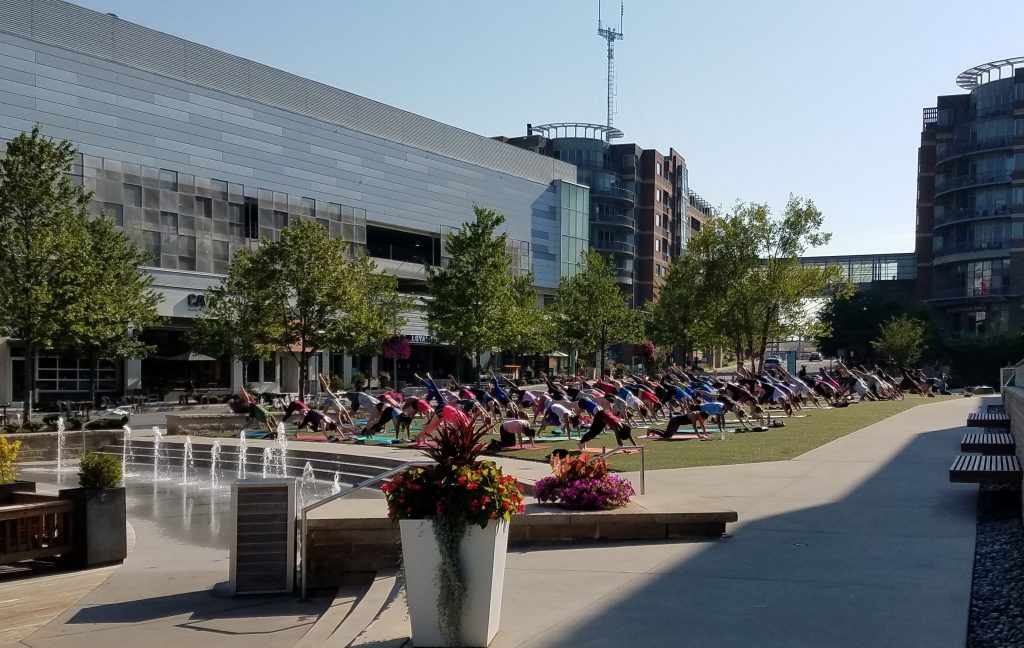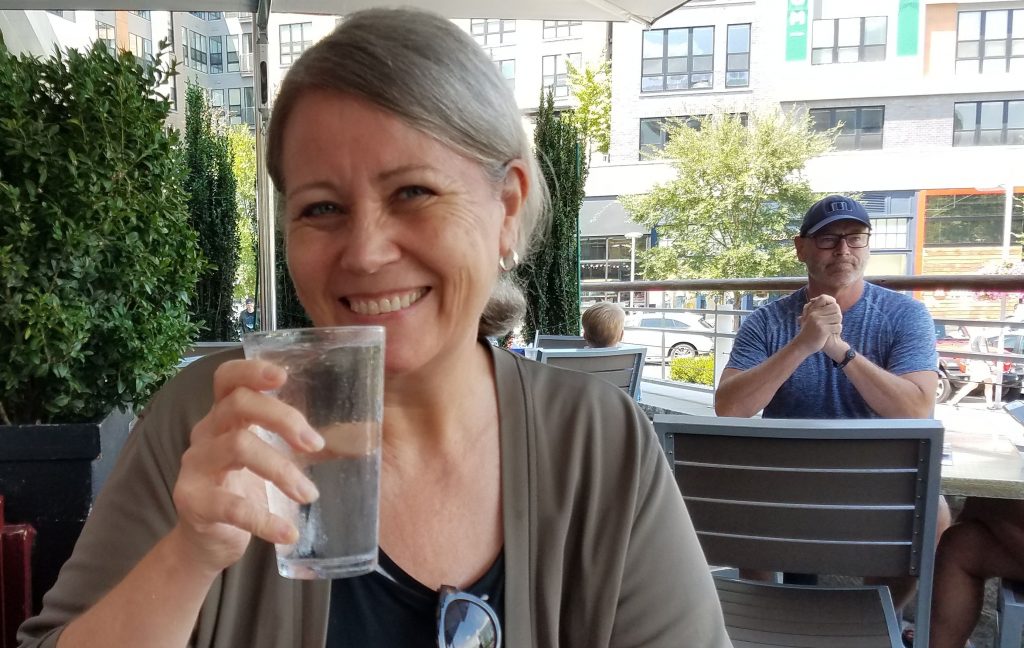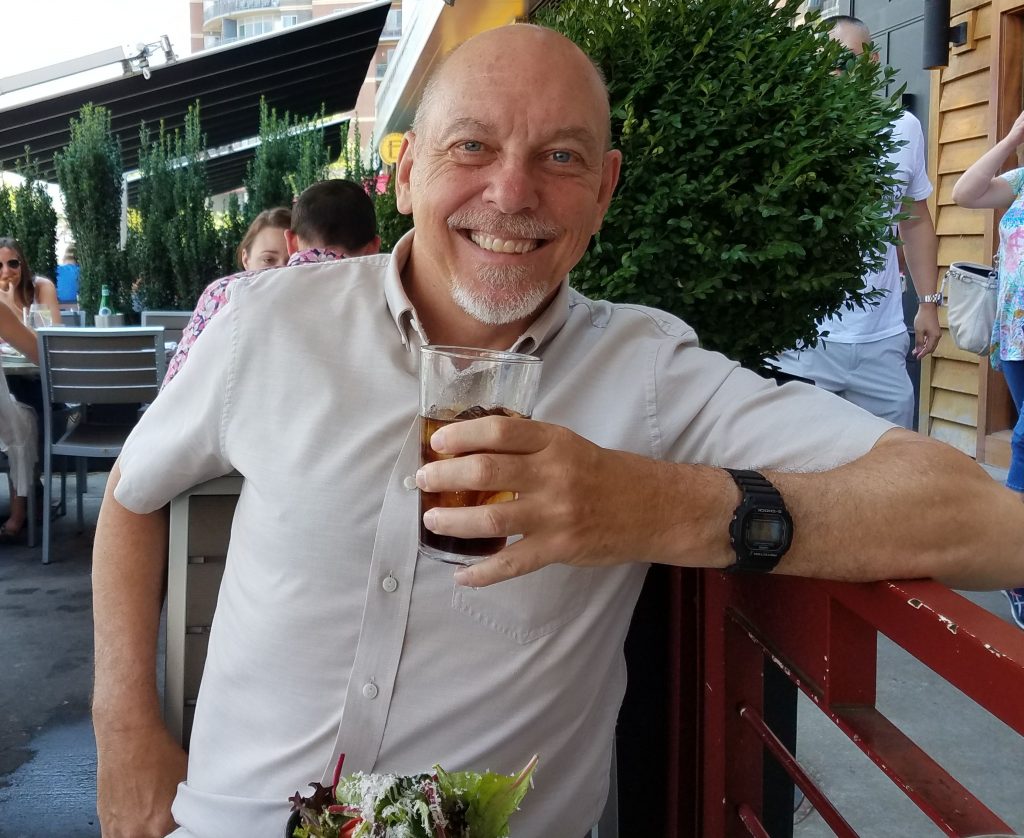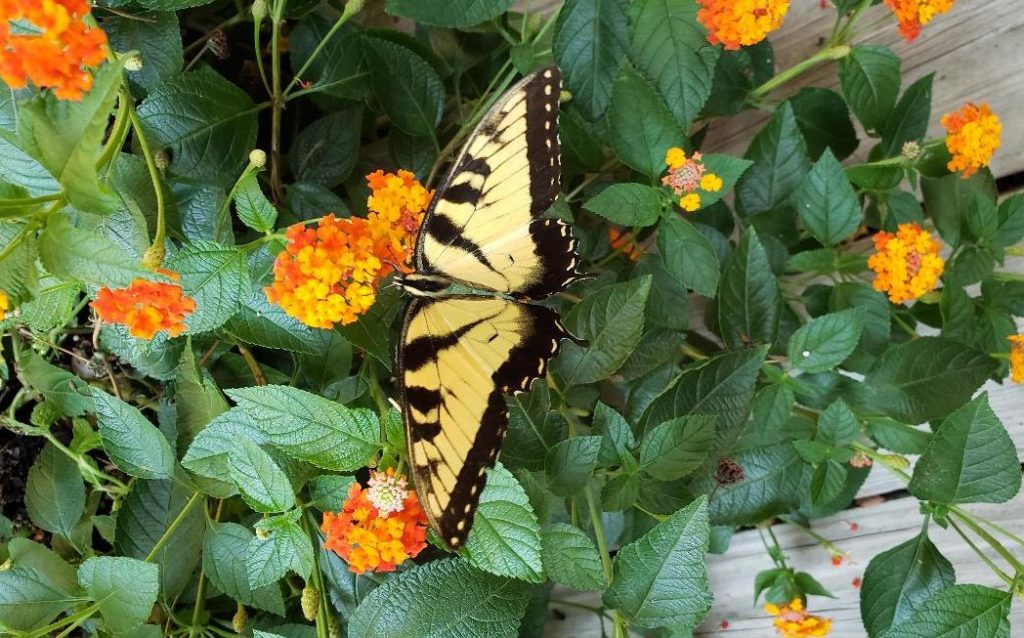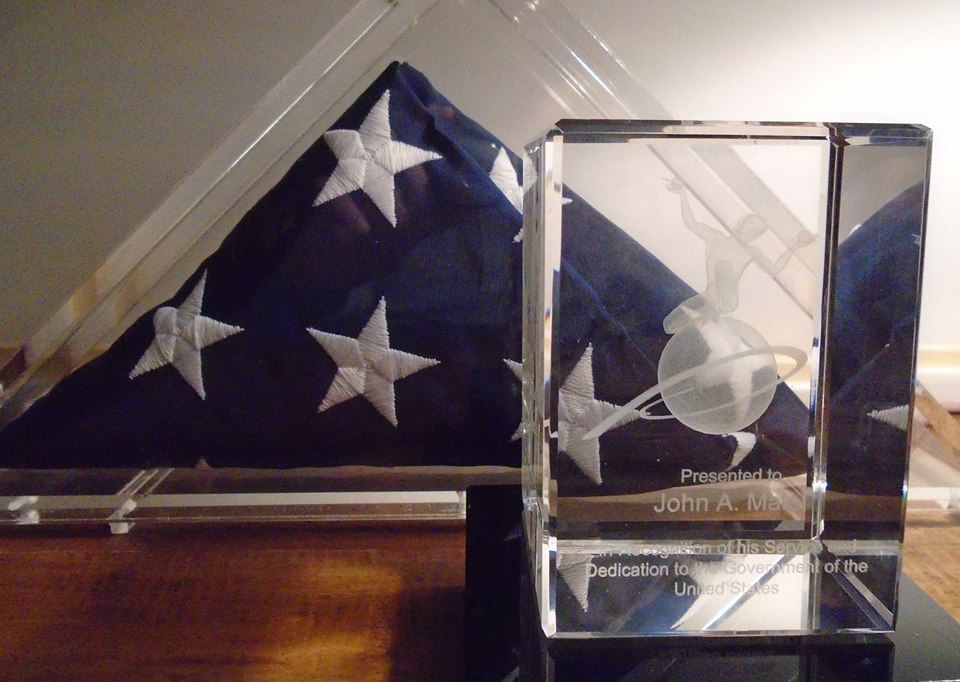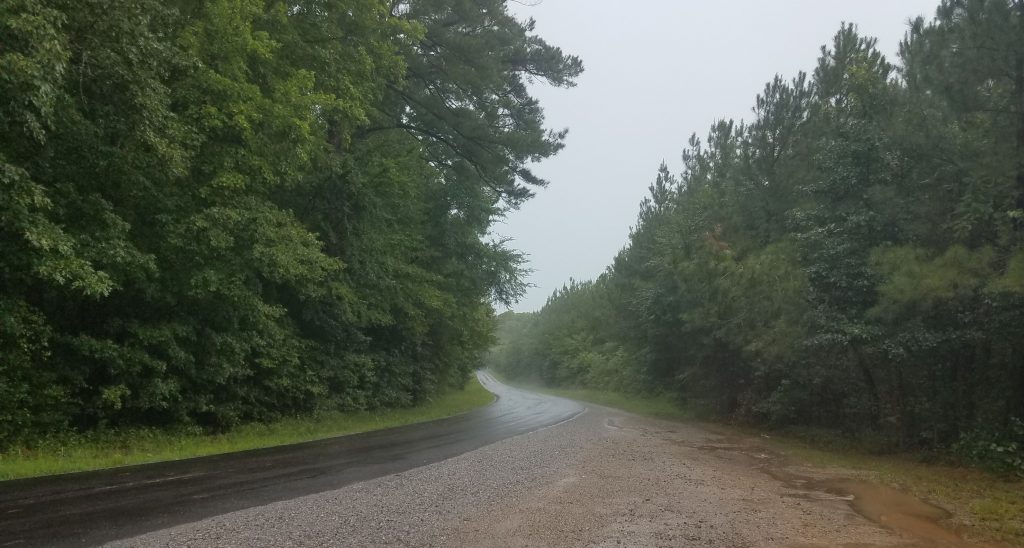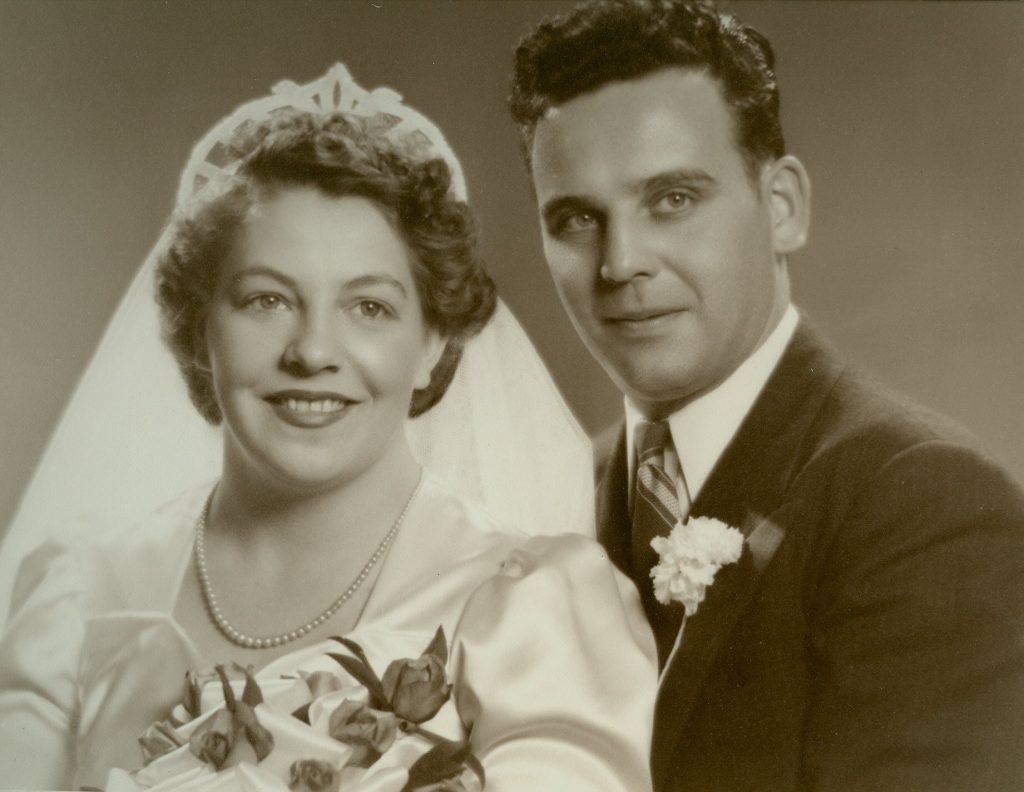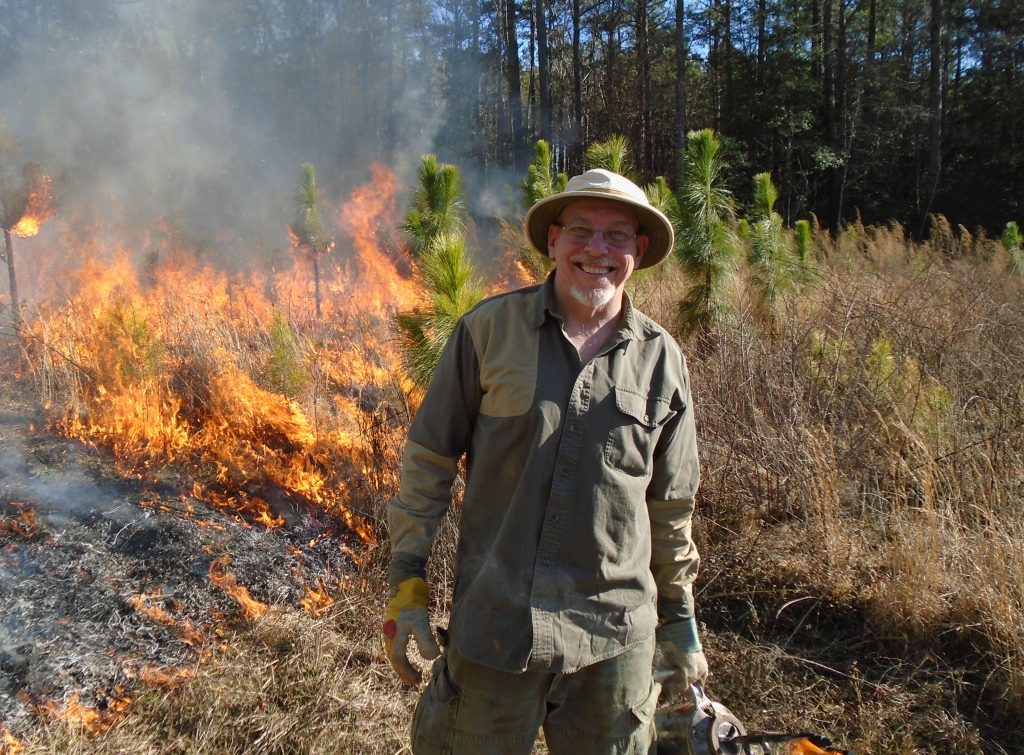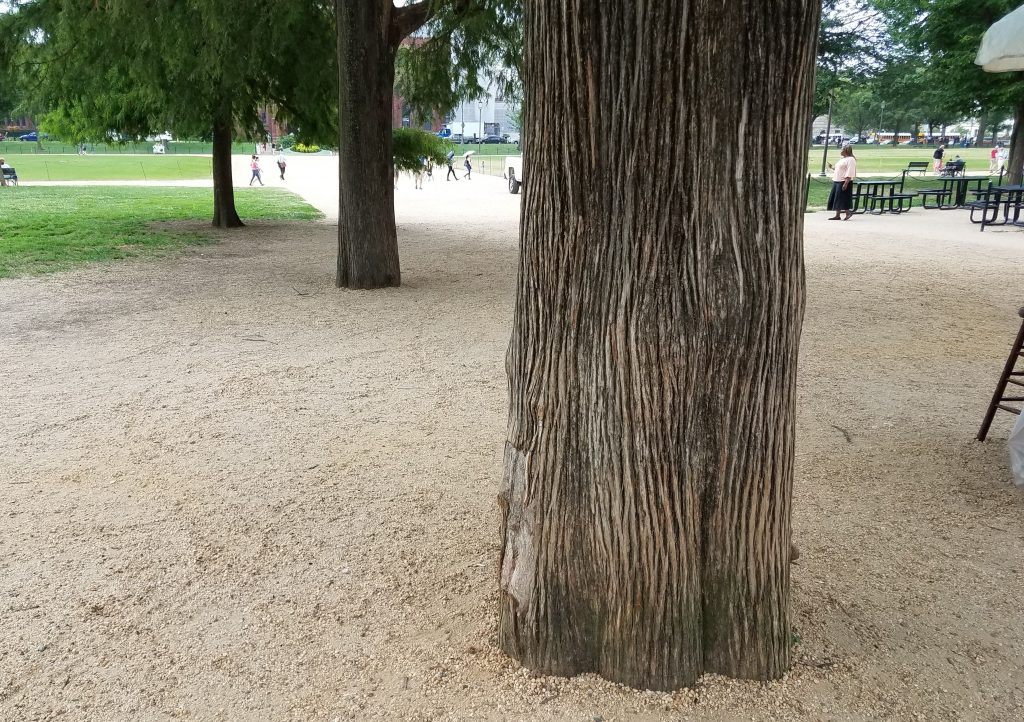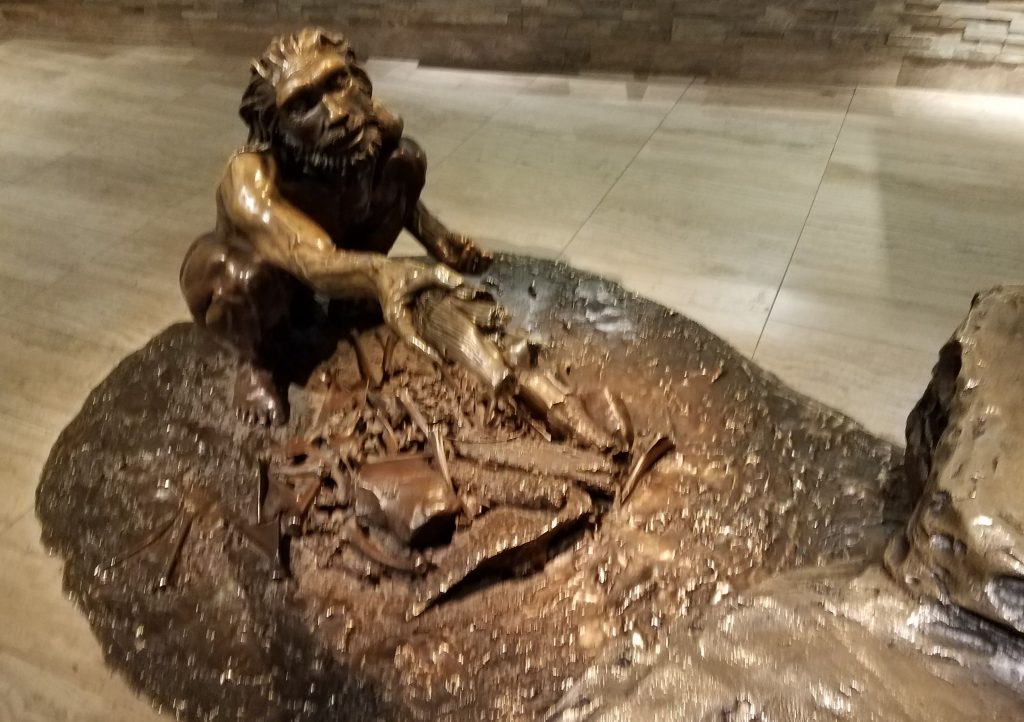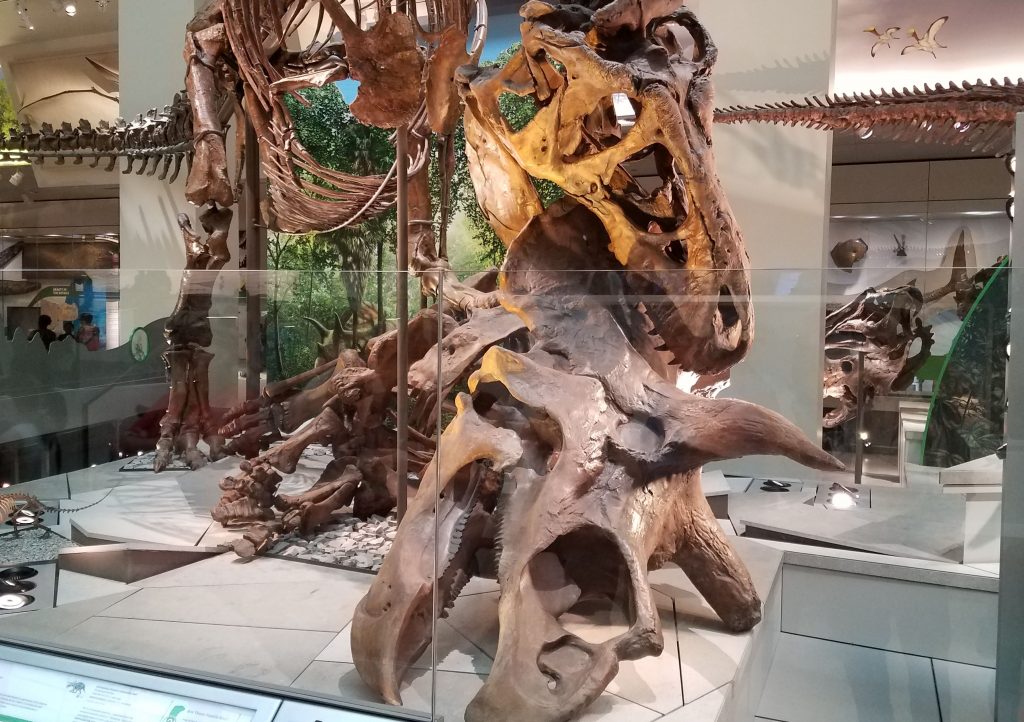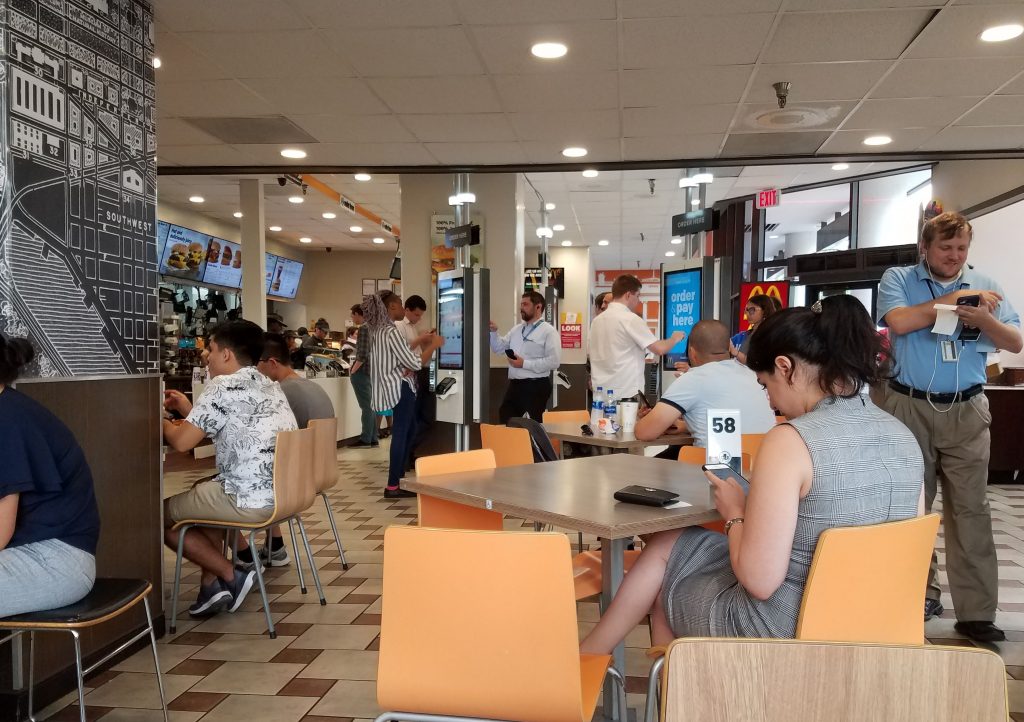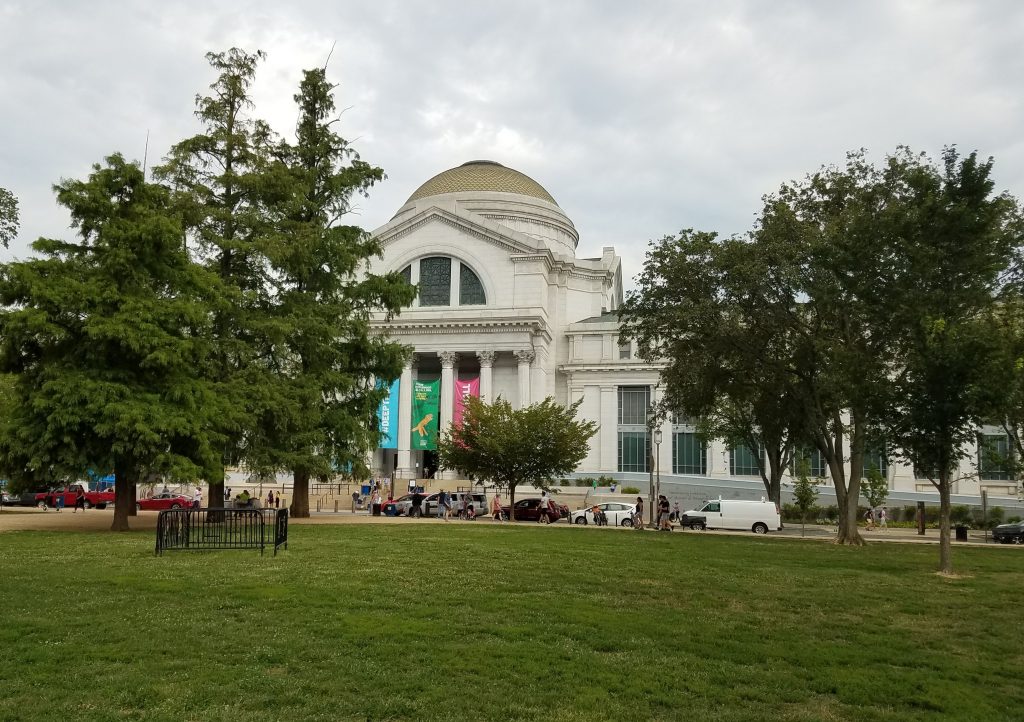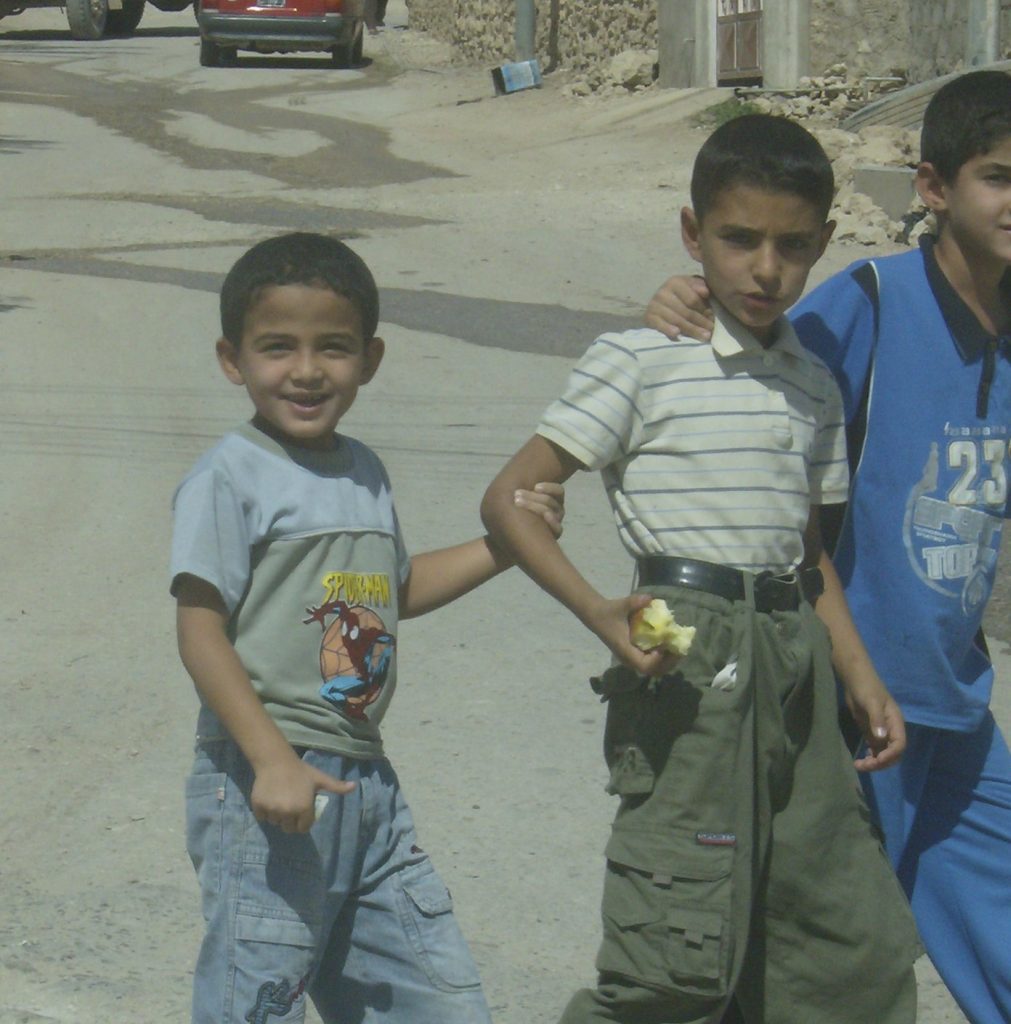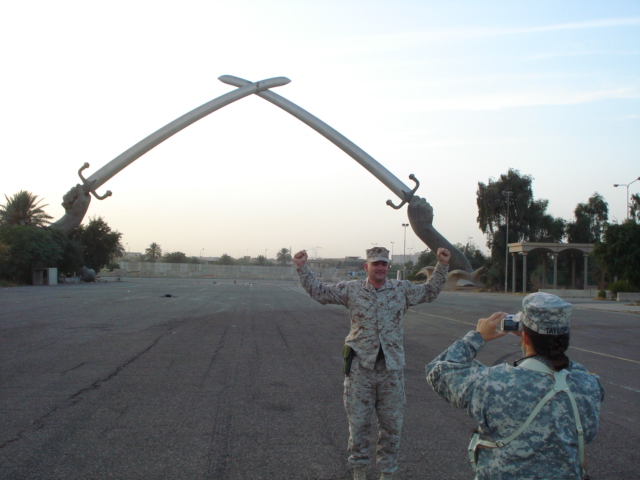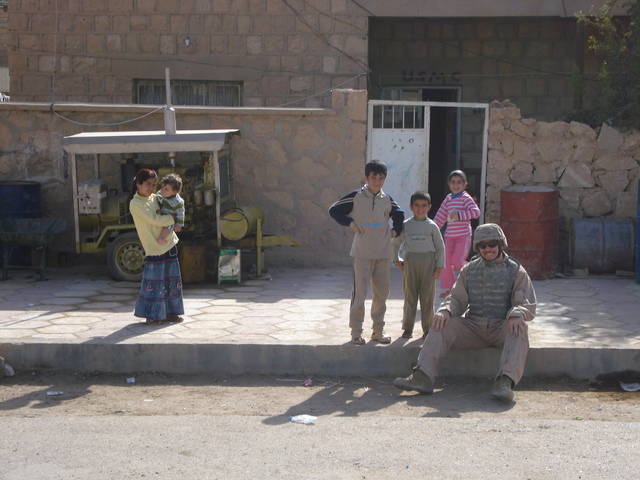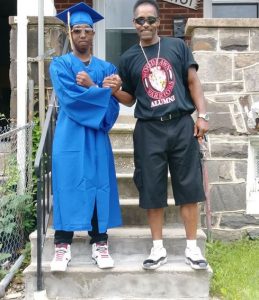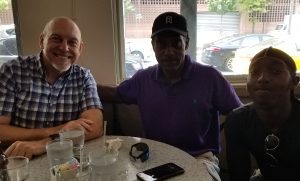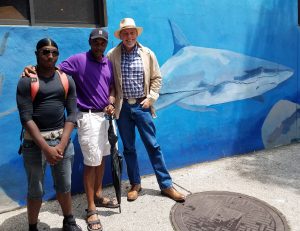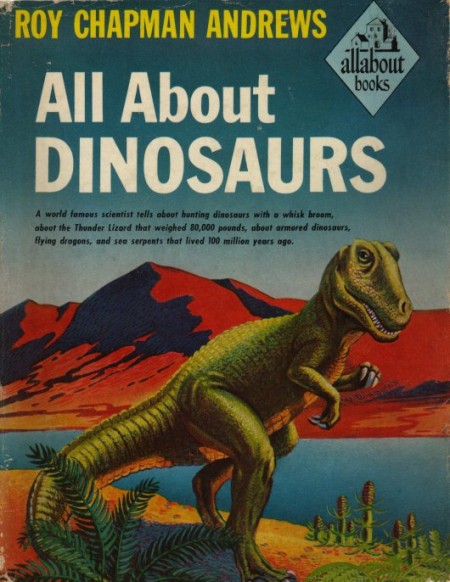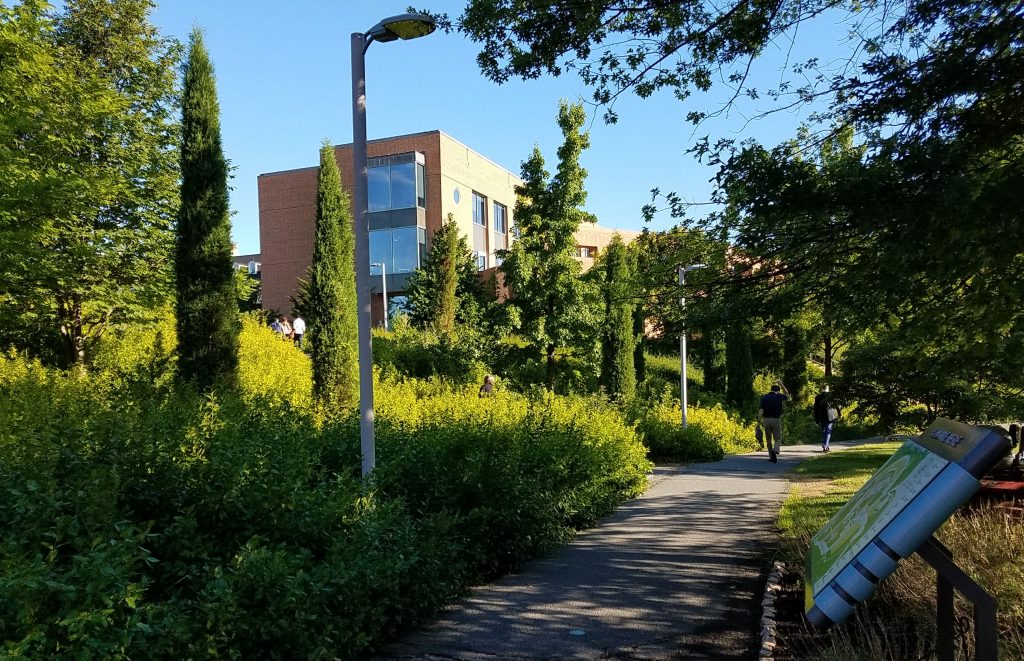My story worth for this week. A little repetitive but I think still good. “What do you admire about your parents?”
My father Never missed a day at work
My father went to work every day. I do not remember him missing even one day of work for any reason at all. He went to work when he felt good; he went to work when he felt bad. He never needed a “mental health day.” His job was physically hard and not fun intellectually, yet he persisted to support his family. He taught me that all work deserved respect and that you earned self-respect by the work you did. He lived simply and did not take much for himself, and he did not complain. His hard work and frugality made me think that we were rich when I was a kid. Only as an adult did I come to realize that we were comparatively poor. My father never finished 10th Grade, yet his constant reading gave him an admirable education, so he could hold his own in intellectual discussions with guys like me with fancy pants educations.
Heroic experiences
My father served the USA in World War II in the Army Air Corps. He got seven battle stars and a purple heart in the Battle of the Bulge. Yet he talked about it so little that I was only vaguely aware of his record. He was a union steward (longshoreman) when I was a little kid. He later soured on the union. I have no idea why. But never on the “working man.” He had that quiet dignity of the greatest generation. Don’t brag about the things you have done and certainly do not claim credit for things you are “gonna do.”
One memory vignette – As I said, he never much talked about his war experience, but there was one time when I saw the memory affect him. I had a Pink Floyd song called “Echoes.” It started with the sonar ping sound. This upset the old man, and he was rarely upset. It evidently reminded him of being on a troop ship crossing the Atlantic infested by Nazi U-Boats. He would not elaborate.
Love of education
Despite his own lack of formal education (maybe because), my father just assumed I would go to college and passed that to me. This is something I did not appreciate until I was an adult. Most people in my socioeconomic group did not go to college. We had no family history of higher education, and the old man knew nothing about it in practical terms, but he managed to boost my sister and me beyond what he could do or even understand.
My mother
Giving her a fair shake
I worry that I don’t give my mother a fair shake. A lot that I know about my father I learned when I was an adult, but I never knew my mother when I was an adult, since she died when I was seventeen. My impressions are a those of a child, at best teenager, but I can see a lot to admire with my adult experience.
Do for others and make it look natural
My mother was a very generous and unselfish person. As with my father, I only really understood what she did for me, sacrificed for me after I was an adult and after she was gone. As I wrote elsewhere, all I needed do was to mention an interest in a subject and a book about that subject would soon appear. Before I could go there alone, she took me to our neighborhood library – Llewellyn – and introduced me to the books there. When I got old enough to go there myself, she still always looked at the books I brought home and asked me about them. This was harder than I thought. She had to do some research about the subject, a much harder task in those pre-Internet days.
She always put others before herself, but she did it in such an unselfish way that the recipients were not always aware. She would work very hard on something and then make it look like it was no trouble. It took a lot of work for her to make things look spontaneous. I am not sure this is a good thing in working life, since you don’t get credit. I give her credit now, but that is a little too late. I would castigate my childish self, but there is no point. All I can do now is “pay it forward.” I think she would have been content with that, since it is behaving like she did.
The family ecology – sisters Florence & Lorainne
I have talked about my mother and my father individually. That gives an incomplete picture. As a couple, they were a team and as a team they were part of a bigger ecology of our extended family, mostly my mother’s sisters and my cousins. The total of this system was much greater than the sum of its parts. This became very clear after my mother died. I was almost an adult, going into my last year in HS. My sister Chris is two years younger. We were old enough to be autonomous but not old enough to take care of ourselves, especially emotionally. My mother’s sisters Florence and Lorraine (they don’t give kids those sorts of names anymore) stepped right in. They helped make meals, helped my father adjust emotionally, helped my sister and me adjust. They finished the job my mother had begun.
Intellectual life
My aunts, especially my Aunt Lorraine, were very well read. My aunt Lorraine and I often discussed history. More a debate was when we discussed biology. My aunts had serious doubts about the theory of evolution. Me on the other hand … the only “advanced” course they ever put me into was advanced biology. My teacher told us that it was impossible to understand biology w/o reference to the theory of evolution and I thought he was 100% right. Suffice it to say, we disagreed. You can disagree w/o being disagreeable. My aunts made arguments that I thought were completely wrong but very well presented. I respected them and their faith. They respected of me and my heretical ideas. Usually at the end of the discussion they would praise my knowledge and persistence but point out that I didn’t know everything. My erudite Aunt Lorraine would sometimes quote Shakespeare, “There are more things in heaven and Earth, Horatio, / Than are dreamt of in your philosophy.” I would joke that my name was not Horatio, and then would wander off back to school or wherever I was going.
My pictures are not part of the story. They are from Mosaic this morning. Chrissy & I went to a morning movie and then lunch. Last picture is a tiger swallowtail on Chrissy’s flowers this morning.

